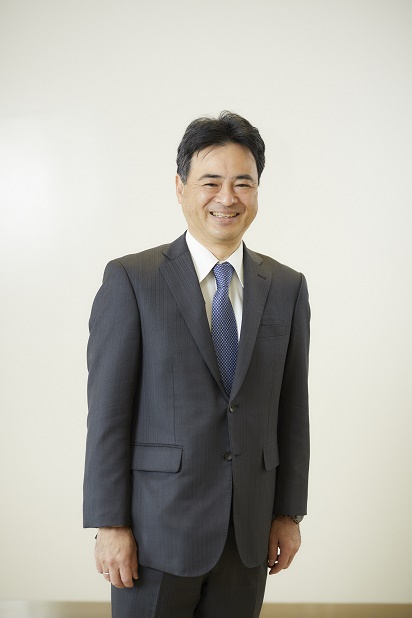
Choosing a major or a research lab in graduate school can be a difficult decision for many students. Looking back on my own experience, I realize that I did not have a clear understanding of my research field when I chose my research topic in graduate school. In high school, I liked physics and chemistry, so I decided to study in a chemistry-related department at university. Later, in graduate school, I chose a major related to materials physics. During my five years in graduate school, I worked on the challenge of making inorganic materials using environmentally friendly methods. However, at that time, this field was not very well known.
As I continued my research, I expanded my focus to materials for lithium-ion batteries, photocatalysts that respond to visible light for splitting water, and materials for white LEDs. These changes in research topics mostly happened because I met new researchers. Among these topics, one has recently gained a lot of attention—green hydrogen production. Today, there are many ways to produce green hydrogen, but from the viewpoint of large-scale production, using photocatalysts to make hydrogen directly from sunlight and water is considered the most promising. This photocatalytic method was discovered in Japan over 50 years ago and has been continuously studied since then.
However, until about 10 years ago, it was not thought to be a practical way to produce hydrogen. This shows that it is very difficult to judge research in the short term.
Many of you are from the younger generation. If you are unsure about your research field or topic, I encourage you to think not only about the present but also to take a long-term view. Also, as I mentioned earlier, my own research started with inorganic material synthesis and gradually expanded into different areas. This is one possible approach, but there is also another approach: instead of expanding your research topic, you can go deeper into a single subject. The choice between these approaches depends largely on the research field and the personality of each researcher, and neither is necessarily better than the other.
Based on these ideas, I hope you will value three important elements when making decisions in graduate school: a "long-term perspective," a "direction for your research," and "new connections."
Finally, the main focus of your graduate studies will be learning through research. By following the guidance of your academic advisor, you may be able to achieve some research results smoothly. However, it is rare for these results to directly help your future career. More importantly, the more you actively engage in your research, even if you face difficulties, the more you will develop your thinking skills. These skills will be useful in many areas of society, no matter what field you choose. Graduate school is a unique time when even inefficient research methods are still acceptable. Though you may face challenges, I strongly encourage you to take on this challenge.
I hope that your experiences at Meiji University Graduate School will help you step into a bigger world.
Dean, Graduate School of Science and Technology
Tomoaki Watanabe
Professor


